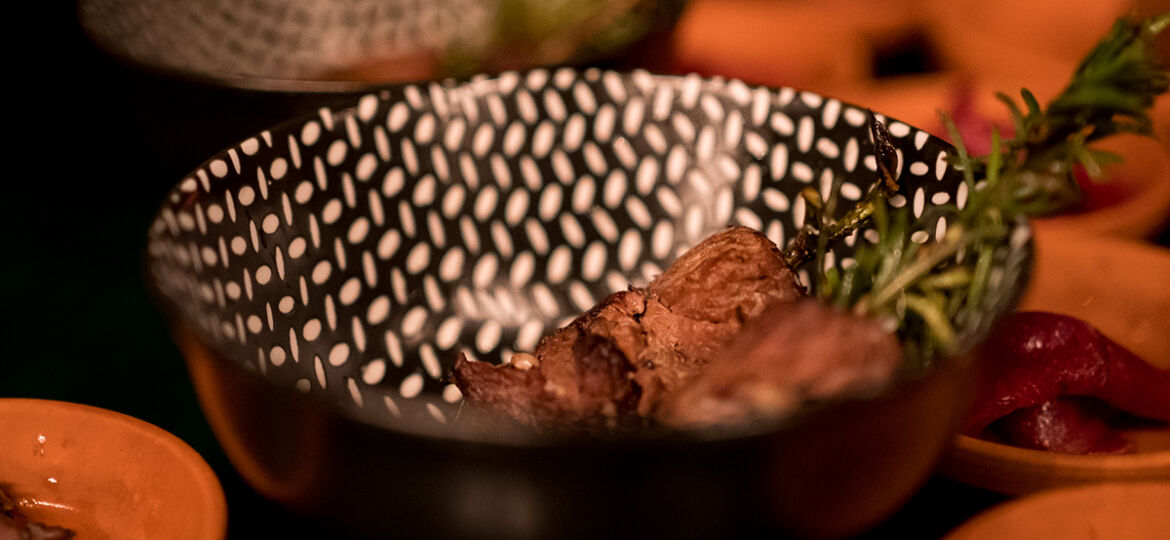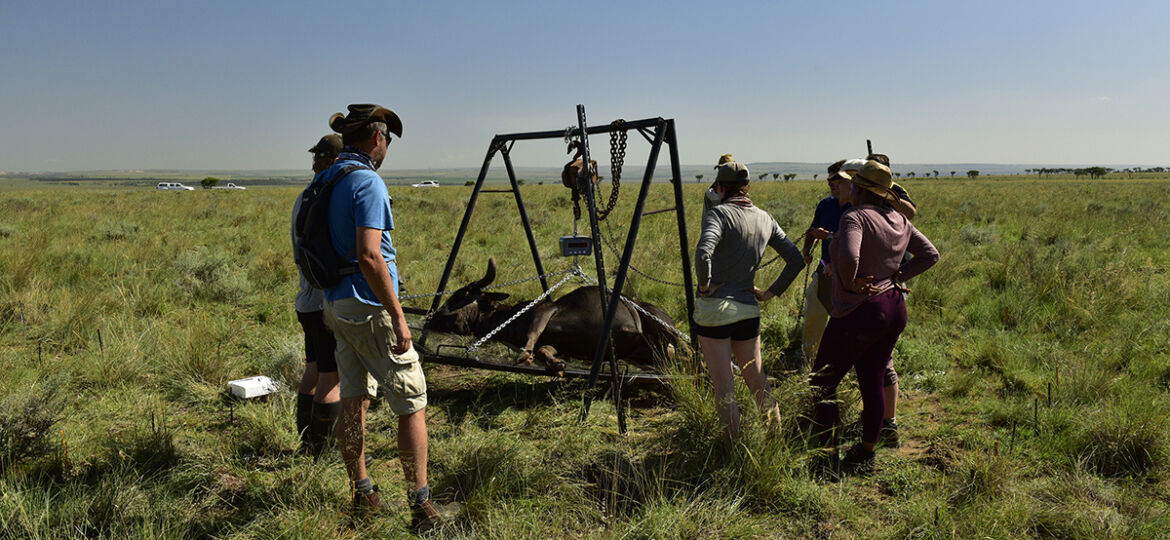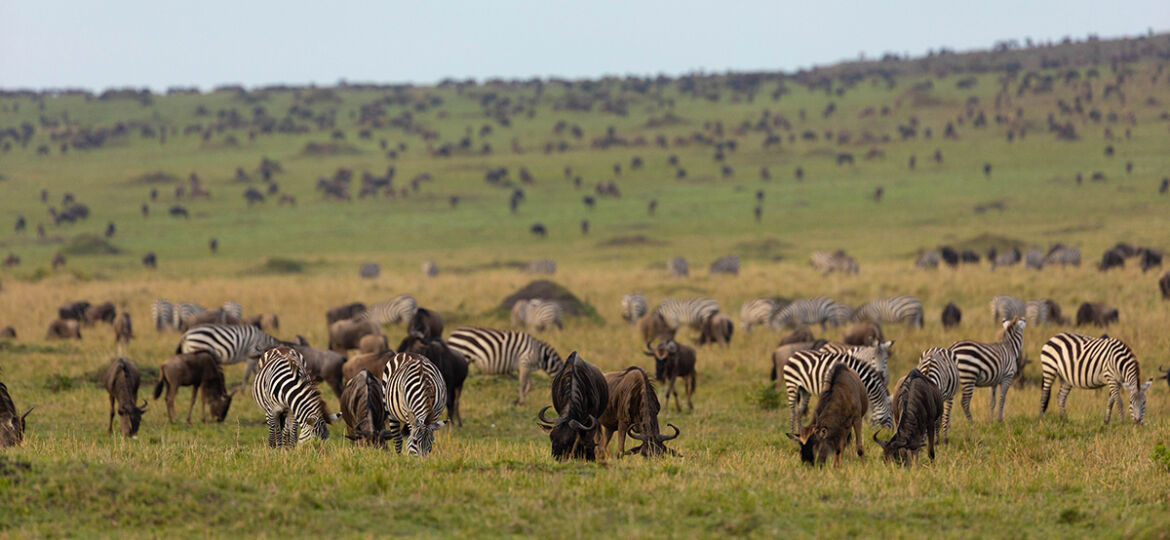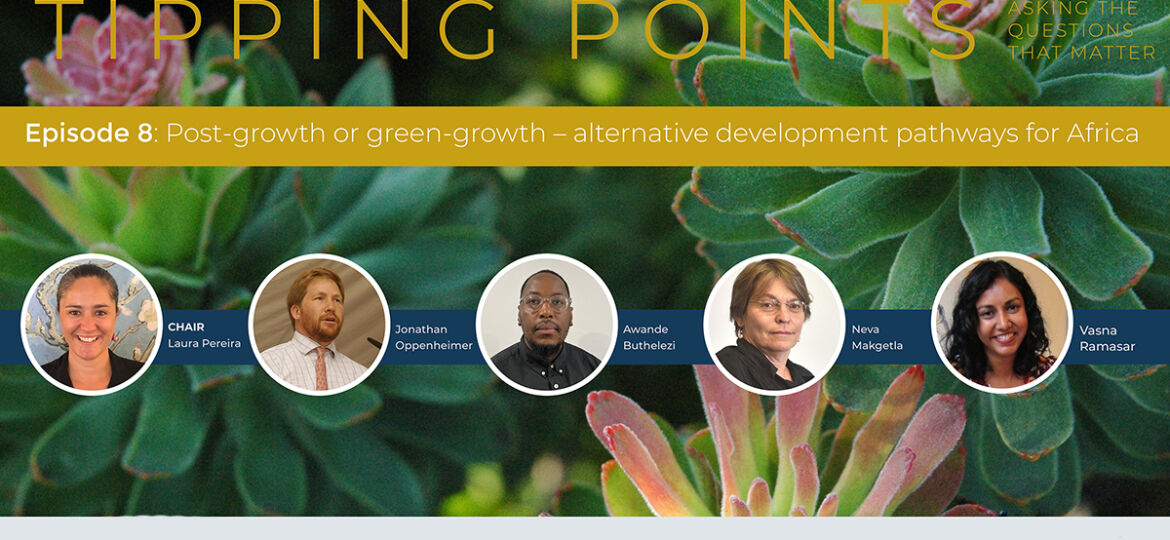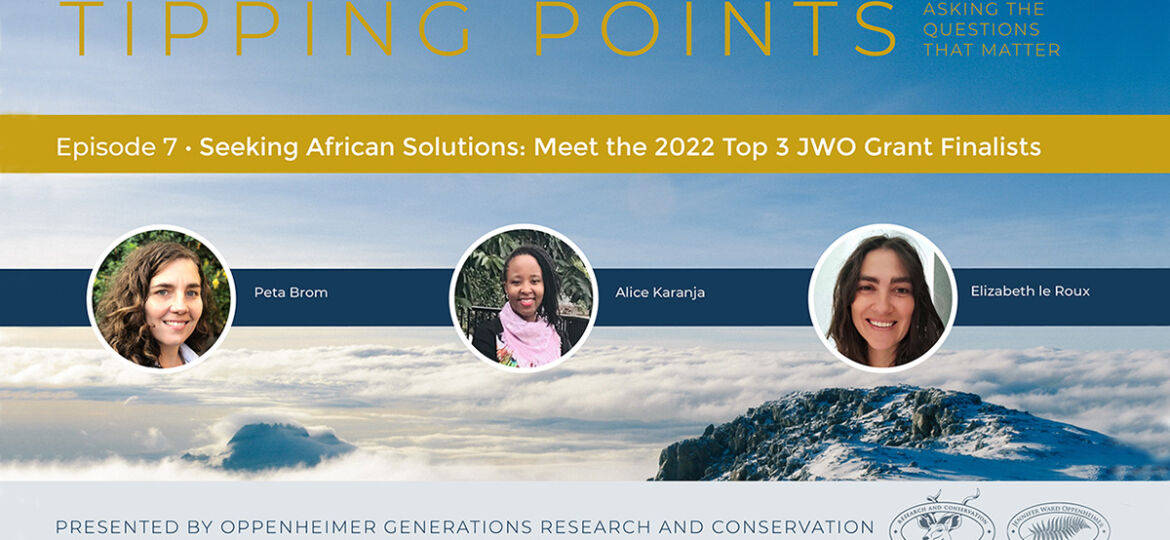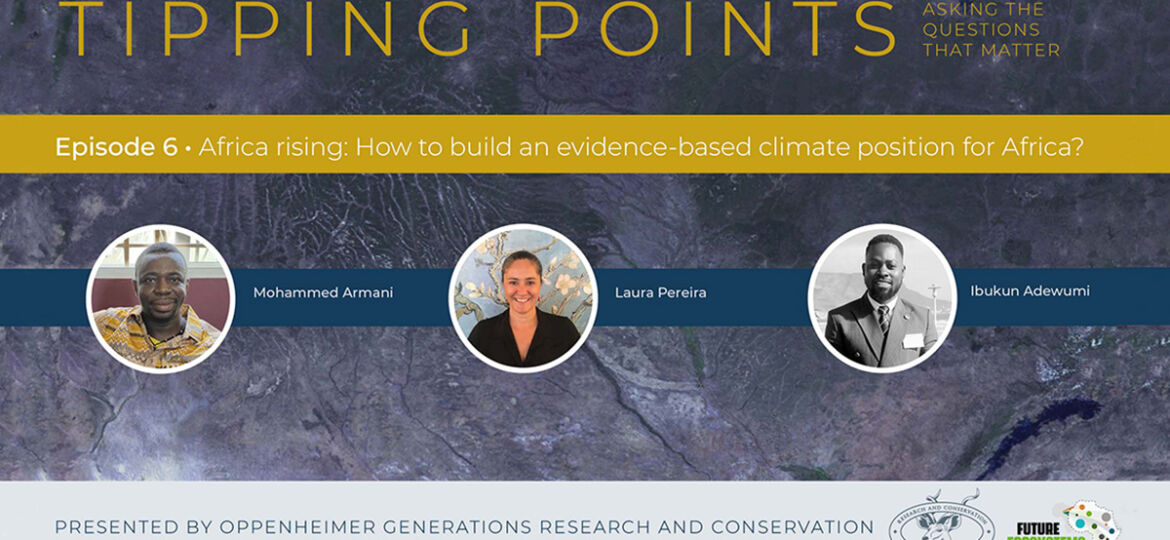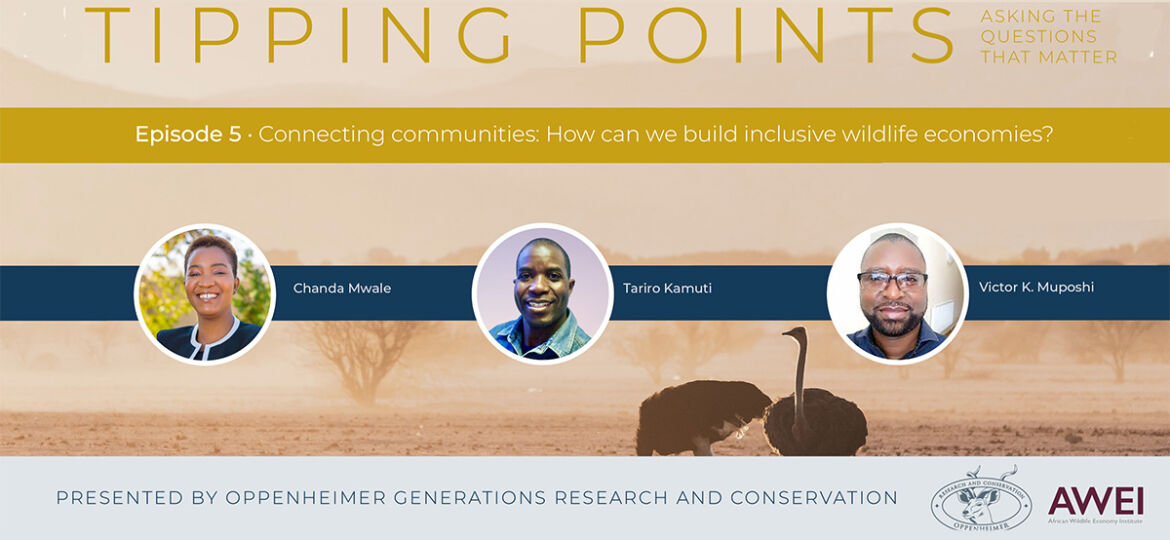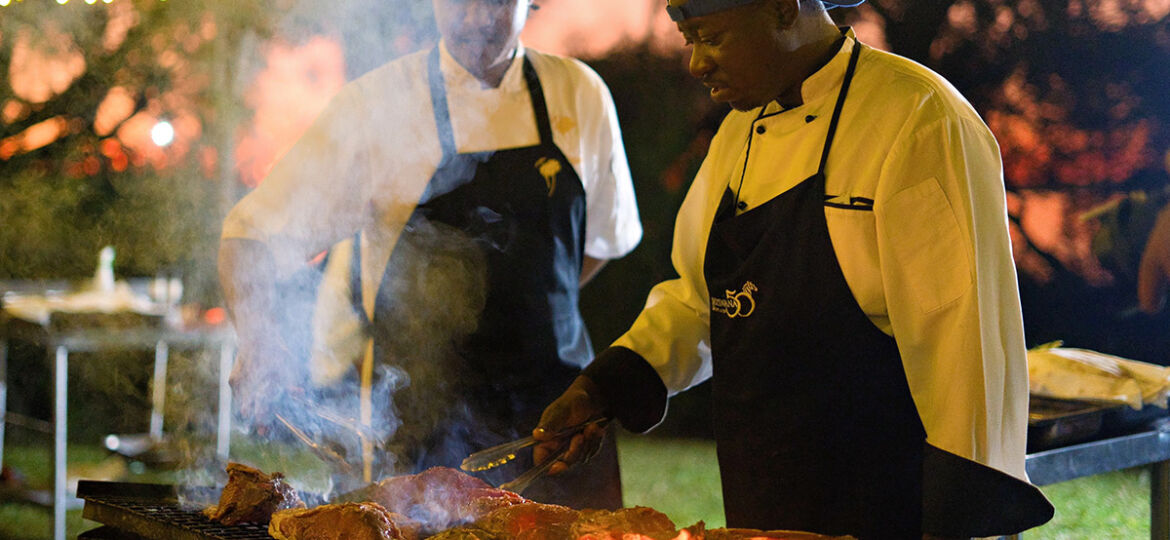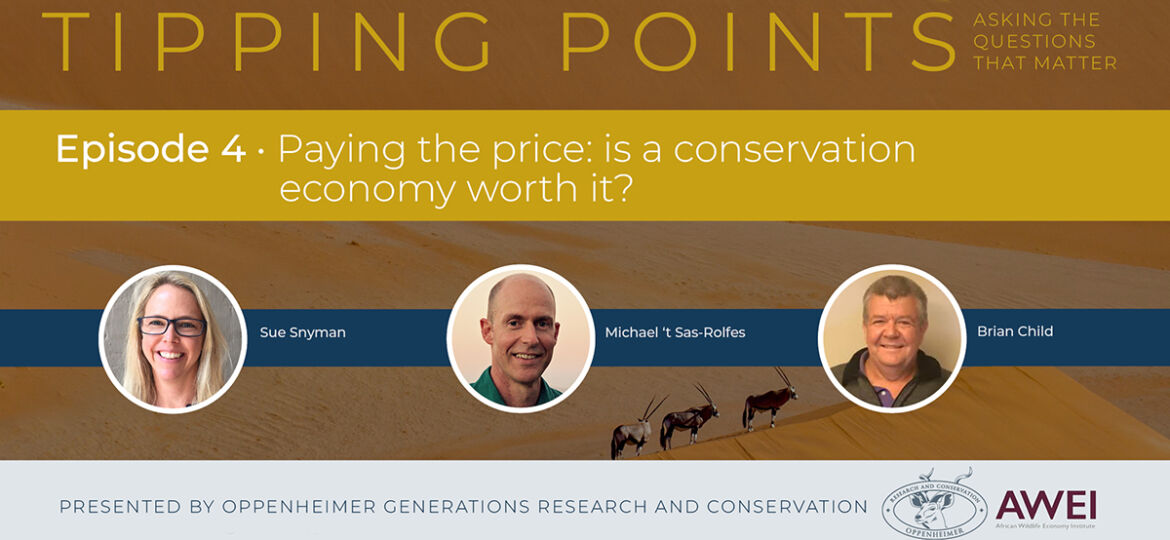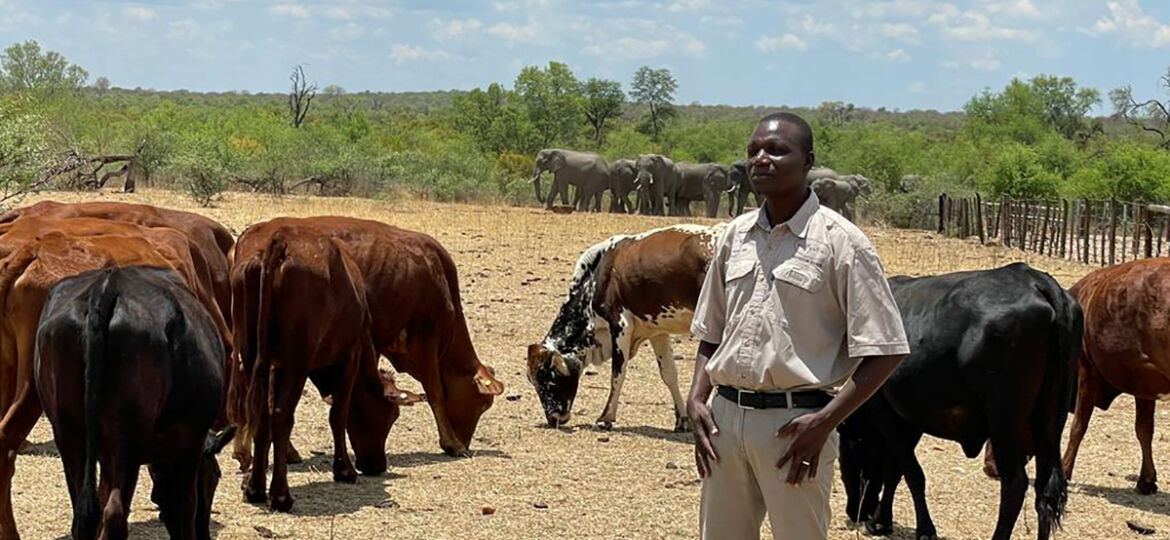The consumption of wild meat remains a morally contested and controversial issue in conservation policy and science.
Wildlife economies
Yves Vanderhaeghen interviews Dr Haemish Melvile, whose research suggests that animal carcasses can invigorate the environment
Conservation in Africa is at a crossroads. A false step risks mass extinctions and economic ruin. It’s time for hard work, clear thinking and tough choices, write Fred Kockott and Rio Button.
Jennifer Ward Oppenheimer Research Grant which funds impactful research to provide solutions to some of Africa’s most pressing problems.
Jennifer Ward Oppenheimer Research Grant which funds impactful research to provide solutions to some of Africa’s most pressing problems.
Africans will be armed with facts and figures, ready to resist further “cut-and-paste” climate solutions from other global regions being imposed on the continent at the upcoming COP27 talks.
Keeping bees, marketing local delicacies, and starting village B&Bs are just some of the ways African communities are unlocking the potential of the continent’s wildlife economy. But while pursuing these and other wildlife-centred ventures they must guard against politicians meddling in their affairs.
Game meat is increasingly being publicised as a sustainable food choice that can ensure wildlife conservation while also injecting funds into the economy and providing opportunities for community livelihood creation.
There is a need to unlock fresh opportunities in Africa; to develop wildlife economies that conserve wildlife, ensure community well-being, and sustain ecological processes well into the future.
Looked at one way it’s a game reserve. In another, it’s a vast cattle ranch. Or prime rangeland. Whichever way one looks at it, Shangani Holistic, in the Zimbabwe midlands, lives up to its name, fusing all the elements of its ecosystem so that each flourishes to the benefit of the others.



